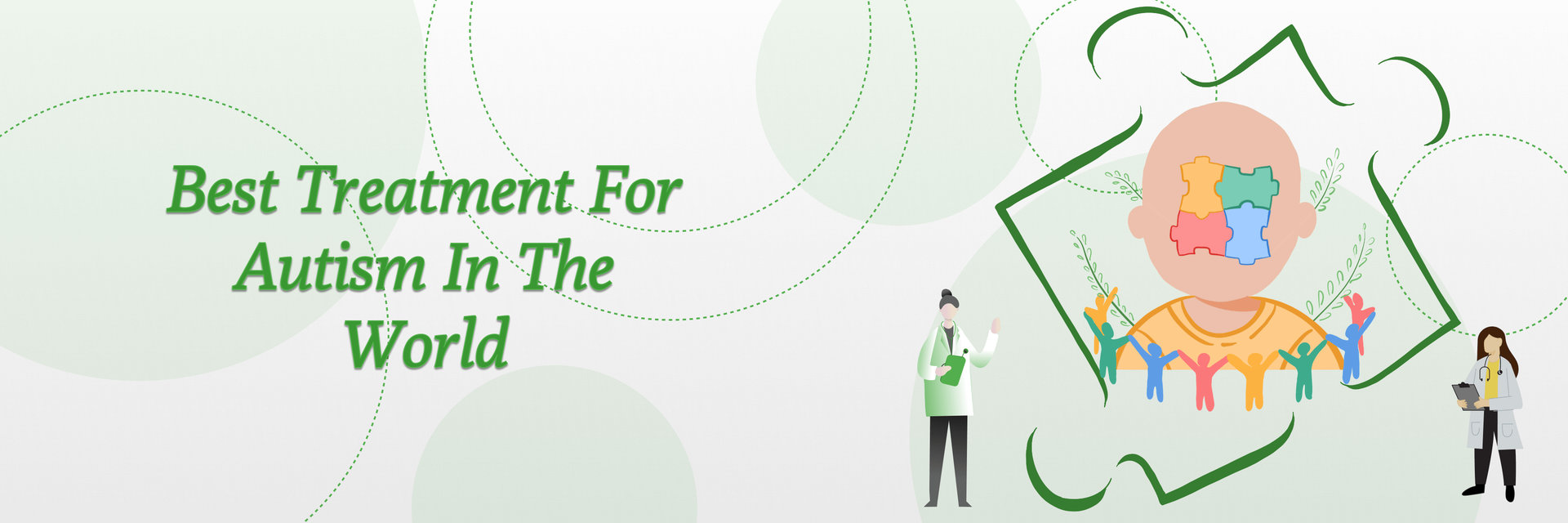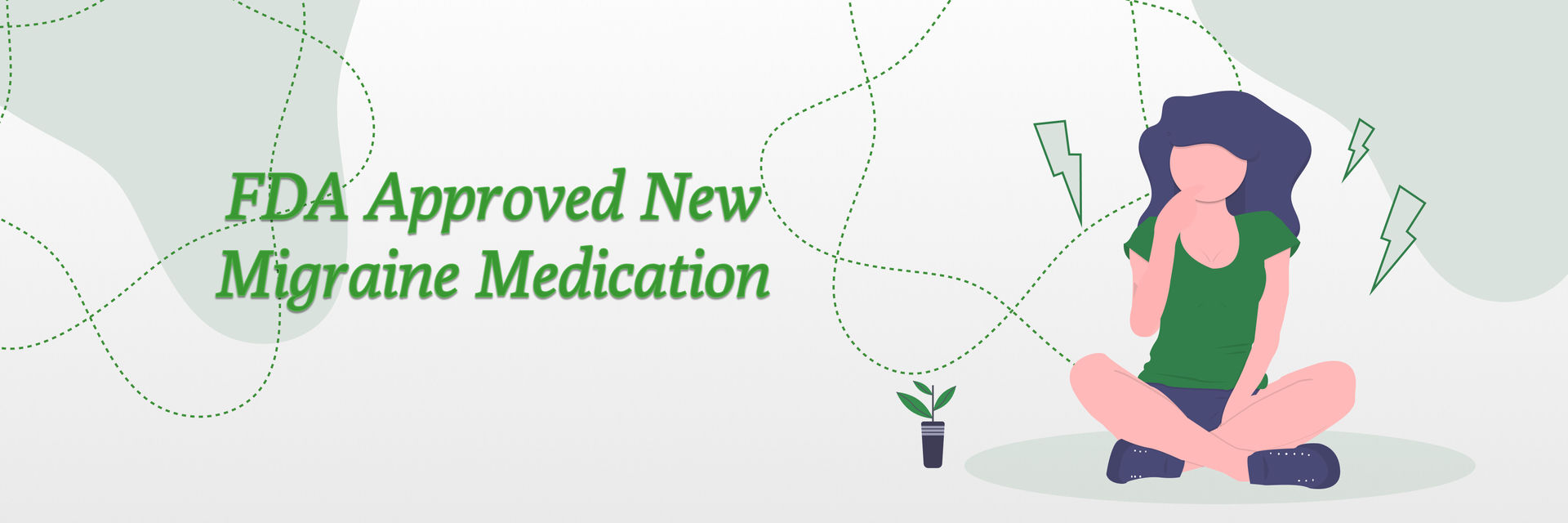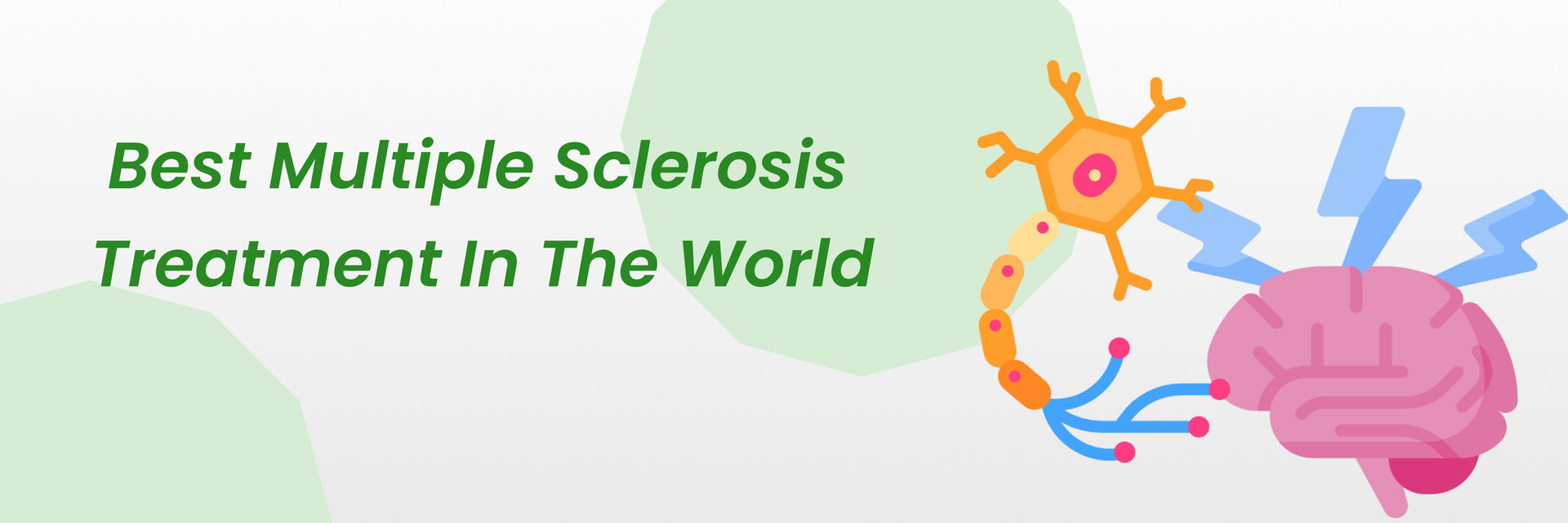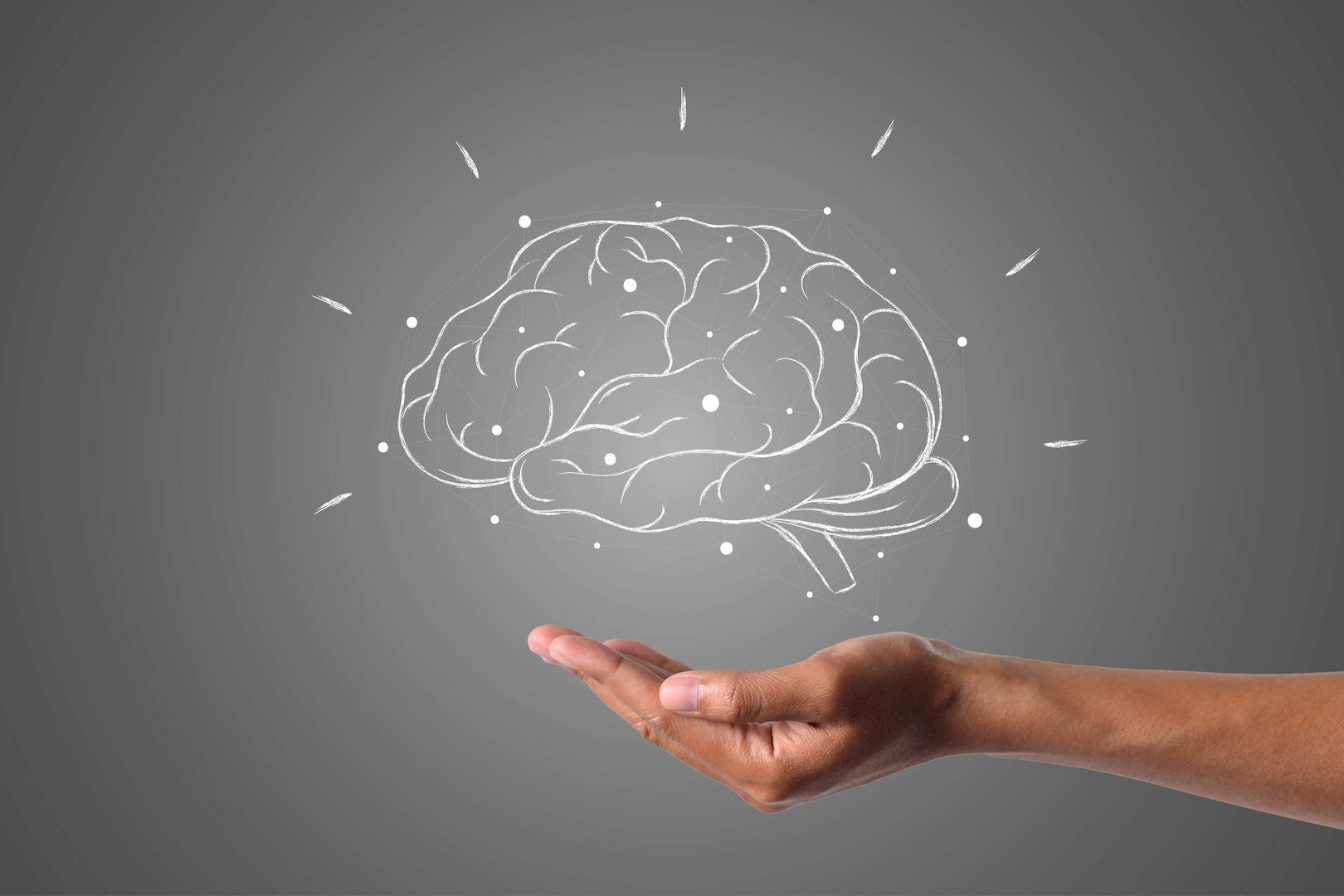Overview
Mental health during and after pregnancy is crucial. Bipolar disorder involves extreme mood swings, while postpartum depression is a severe form of depression that occurs after childbirth. These conditions can intersect, making the postpartum period particularly challenging for mothers with a history of bipolar disorder.
Globally, about 13% of women experience postpartum depression in the first year after childbirth, and 1-3% of the population lives with bipolar disorder. Women with bipolar disorder are at an increased risk of developing postpartum psychiatric complications.
Dr. Vikas Patel, a well known psychiatrist, explains, "Women with bipolar disorder face a higher risk of experiencing postpartum depression. This dual diagnosis can significantly affect their emotional stability and ability to care for their newborn. Early diagnosis and integrated treatment approaches are crucial for improving outcomes for both mother and child."
Understanding and addressing these conditions are essential as they impact a mother's ability to care for herself and her baby. Early intervention and appropriate treatment are key to improving outcomes for both mother and child.
If you or someone you know is experiencing symptoms of bipolar disorder or postpartum depression, consult a mental health professional, such as a psychiatrist for proper diagnosis and treatment.
What is Bipolar Disorder?

Bipolar disorder involves:
- Intense mood swings.
- Ranging from manic highs to depressive lows.
- Disrupting daily life and relationships.
Types of Bipolar Disorder
| Type of Bipolar Disorder | Features |
|---|---|
| Bipolar I Disorder | Severe Manic Episodes: Episodes last at least 7 days or require hospitalization. Depressive Episodes: Typically last at least 2 weeks. Mixed Episodes: Mania and depression can occur simultaneously. |
| Bipolar II Disorder | Hypomanic Episodes: Less severe than full mania, without significant impairment. Depressive Episodes: Major depressive episodes that are frequent and severe. |
| Cyclothymic Disorder | Chronic Mood Fluctuations: Periods of hypomanic and depressive symptoms lasting at least 2 years (1 year in children/adolescents). Persistent and Disruptive: Symptoms are milder but frequent and impact daily life. |
Symptoms and Diagnosis
Episodes of mania, hypomania, and depression characterize bipolar disorder.
- Manic Episode:
- Elevated Mood: Feeling extremely happy, euphoric, or irritable.
- Increased Activity: Excessive energy or restlessness.
- Impulsive Behavior: Engaging in risky activities, such as overspending or reckless driving.
- Decreased Need for Sleep: Feeling rested after only a few hours.
- Racing Thoughts: Rapid thinking or quickly switching between ideas.
- Grandiosity: Overconfidence or unrealistic beliefs in one's abilities.
- Hypomanic Episode:
- Similar to Mania: Less severe and does not cause major disruptions in daily life.
- Increased Productivity: Often seen as positive by the individual, though noticeable to others.
- Depressive Episode:
- Low Mood: Persistent sadness or feeling empty.
- Loss of Interest: No longer finding joy in activities once enjoyed.
- Fatigue: Unusual tiredness or low energy.
- Sleep Problems: Insomnia or oversleeping.
- Appetite Changes: Significant weight loss or gain.
- Difficulty Concentrating: Trouble focusing, remembering things, or making decisions.
Let's understand why postpartum depression happens and how to recognize it.
Understanding Postpartum Depression

Bringing a new life into the world is a beautiful journey, but sometimes, new mothers experience feelings of deep sadness.
What is Postpartum Depression?
Postpartum depression (PPD) is a serious form of depression that occurs after childbirth. It’s more intense and long-lasting than the “baby blues,” which typically resolve within a few weeks. PPD can start shortly after delivery or even months later, affecting a mother’s ability to care for herself and her baby. Without treatment, it can persist and severely impact daily life.
Symptoms
Postpartum depression can manifest in various ways.
- Persistent Sadness: Feeling deeply sad, empty, or hopeless most of the day.
- Loss of Interest: No longer enjoying once pleasurable activities.
- Fatigue: Extreme tiredness and a lack of energy, even after adequate rest.
- Sleep Problems: Difficulty sleeping (insomnia) or sleeping too much.
- Appetite Changes: Significant weight loss or gain due to changes in eating habits.
- Anxiety and Panic Attacks: Intense worry or sudden, overwhelming fear.
- Difficulty Bonding with Baby: Struggling to connect with or care for the newborn.
- Feelings of Guilt or Worthlessness: Overwhelming feelings of guilt or inadequacy as a mother.
- Thoughts of Harm: Having thoughts about harming oneself or the baby.
The Intersection of Bipolar Disorder and Postpartum Depression
The intersection of bipolar disorder and postpartum depression represents a complex and challenging area in mental health. Bipolar disorder, known for its extreme mood swings between mania and depression, can exacerbate the emotional and psychological upheaval that often accompanies the postpartum period.
For women with bipolar disorder, the risk of developing PPD is significantly heightened, as the hormonal changes and sleep disruptions of childbirth can trigger or worsen mood episodes.
Challenges in Diagnosis and Treatment
Identifying and treating postpartum depression in women with bipolar disorder can be like piecing together a complex puzzle.
- Misdiagnosis:
- Overlapping symptoms can lead to confusion in distinguishing between the two conditions.
- Underreporting:
- Fear of judgment may cause underreporting of symptoms, delaying diagnosis and treatment.
- Complex Treatment Plans:
- Treatment requires balancing mood stabilization with the safety of infant care and breastfeeding.
- Monitoring for Relapse:
- Increased risk of severe mood changes postpartum requires close monitoring by healthcare providers.
- Holistic Approach:
- Combining medication, therapy, and support is essential but challenging to manage.
Impact on Mother and Baby

The intertwined effects of bipolar disorder and postpartum depression can ripple through a mother’s life, affecting her baby and family as well.
- Maternal Health:
- Combined conditions cause significant emotional distress and make daily tasks difficult.
- Bonding and Attachment:
- Difficulty bonding with the baby can impact the infant's emotional development.
- Infant Development:
- Untreated conditions may delay the baby's emotional and cognitive growth.
- Family Dynamics:
- Managing both conditions can strain relationships and reduce family support.
- Parenting Challenges:
- Severe mood swings can disrupt consistent parenting practices, affecting the child’s sense of security.
Treatment and Management Strategies
This dual vulnerability requires careful monitoring and management. Effective treatment often involves a combination of medication, therapy, and robust support systems to help new mothers navigate the challenges of both conditions. Understanding the interplay between bipolar disorder and PPD is crucial for healthcare providers to deliver comprehensive care. Early intervention and personalized treatment strategies are essential to ensuring the well-being of mothers and their families, promoting recovery, and fostering a nurturing environment for both mother and child.
Finding a path through the complexities of bipolar disorder and postpartum depression can feel daunting, but effective treatment and support can light the way to recovery.
1. Medical Treatments:
- Mood Stabilizers:
- Lithium: Controls both manic and depressive episodes. Regular blood tests are needed to monitor levels.
- Anticonvulsants: Medications like valproate and lamotrigine help manage mood swings and prevent severe episodes.
- Antidepressants:
- Used to alleviate symptoms of postpartum depression, such as sadness and fatigue. Common types include SSRIs like sertraline and fluoxetine.
- Caution: In bipolar disorder, antidepressants are combined with mood stabilizers to avoid triggering manic episodes.
- Antipsychotics:
- Medications like quetiapine and olanzapine treat severe mood swings and manic or depressive episodes in bipolar disorder.
- Considerations for Breastfeeding:
- Some medications can pass into breast milk. Discuss options with healthcare providers to ensure safety during breastfeeding.
- Regular Monitoring:
- Close monitoring by healthcare providers is essential to adjust medications and manage side effects.
2. Lifestyle Changes: Importance of Routine, Diet, and Exercise

Small changes in daily habits can create big ripples of positive impact on your mental health.
- Routine:
- Maintaining a consistent daily routine helps stabilize mood. Set regular times for waking up, eating, and sleeping.
- Diet:
- A balanced diet rich in nutrients supports overall health and can influence mood. Include fruits, vegetables, whole grains, and lean proteins. Omega-3 fatty acids in fish like salmon and walnuts benefit brain health.
- Exercise:
- Regular physical activity releases endorphins, improving mood and reducing stress. Aim for at least 30 minutes of moderate exercise, like walking or yoga, on most days.
- Sleep:
- Quality sleep is crucial. Create a calming bedtime routine and ensure a restful sleep environment. Avoid caffeine and electronic devices close to bedtime.
- Mindfulness and Relaxation:
- Meditation, deep breathing, and mindfulness help manage stress and promote emotional well-being. Even a few minutes a day can make a difference.
3. Coping Strategies for New Mothers
Being a new mother is a beautiful, yet challenging journey. Taking care of yourself is not just a luxury; it's essential for you and your baby.
- Sleep:
- Prioritize Rest: Sleep when your baby sleeps. Short naps during the day can help you catch up on needed rest.
- Sleep-Friendly Environment: Keep your bedroom cool, dark, and quiet. Consider earplugs or a white noise machine for better sleep quality.
- Share Nighttime Duties: If possible, share night feeding and care responsibilities with your partner or family member.
- Nutrition:
- Eat Balanced Meals: Include whole grains, lean proteins, fruits, and vegetables in your diet.
- Stay Hydrated: Drink plenty of water, especially if breastfeeding.
- Healthy Snacks: Keep snacks like nuts, yogurt, or fruit on hand to maintain energy levels throughout the day.
- Personal Time:
- Schedule ‘Me Time’: Make time for activities you enjoy, like reading, walking, or relaxing with tea.
- Mindfulness Practices: Engage in meditation, deep breathing, or gentle yoga for relaxation.
- Set Boundaries: It’s okay to decline overwhelming visits or requests. Protect your time.
Remember, taking care of yourself is taking care of your baby. Prioritize your self-care to ensure both you and your baby thrive. Contact us today! for personalized support.
4. Stress Management: Techniques for Reducing Stress and Anxiety
Motherhood comes with its own set of stresses, but finding ways to manage them can help keep you calm and centered.
- Deep Breathing Exercises:
- Practice Deep Breathing: Slow, deep breaths can reduce stress and calm your mind. Breathe deeply through your nose, hold, and exhale slowly through your mouth.
- Set a Routine: To manage stress consistently, incorporate deep breathing into your daily routine, such as morning or bedtime.
- Mindfulness and Meditation:
- Engage in Mindfulness: Focus on the present moment without judgment to reduce anxiety and improve emotional well-being.
- Short Meditation Sessions: Just a few minutes of daily meditation can lower stress levels. Use guided meditation apps or focus on your breath.
- Physical Activity:
- Exercise Regularly: Gentle activities like walking, stretching, or yoga boost mood and reduce stress hormones. Aim for 30 minutes a day.
- Incorporate Movement: Include physical activity in your daily routine, such as walking with your baby.
- Journaling:
- Write It Down: Journaling helps you process thoughts and feelings. Writing about your experiences as a new mother can be therapeutic.
- Connect with Nature:
- Spend Time Outdoors: Fresh air and nature have a calming effect. Walking in the park can help reduce stress and lift your spirits.
Incorporate stress management techniques into your daily routine to maintain calm and balance. For personalized support, consult with a psychiatrist to tailor effective strategies to your needs.
Conclusion
Bipolar disorder and postpartum depression can significantly complicate the postpartum period, intensifying each other’s symptoms. Accurate diagnosis and integrated treatment plans, including medication, therapy, and lifestyle support, are essential for effective management. Early intervention and access to comprehensive care are crucial for improving outcomes for both mother and child.








